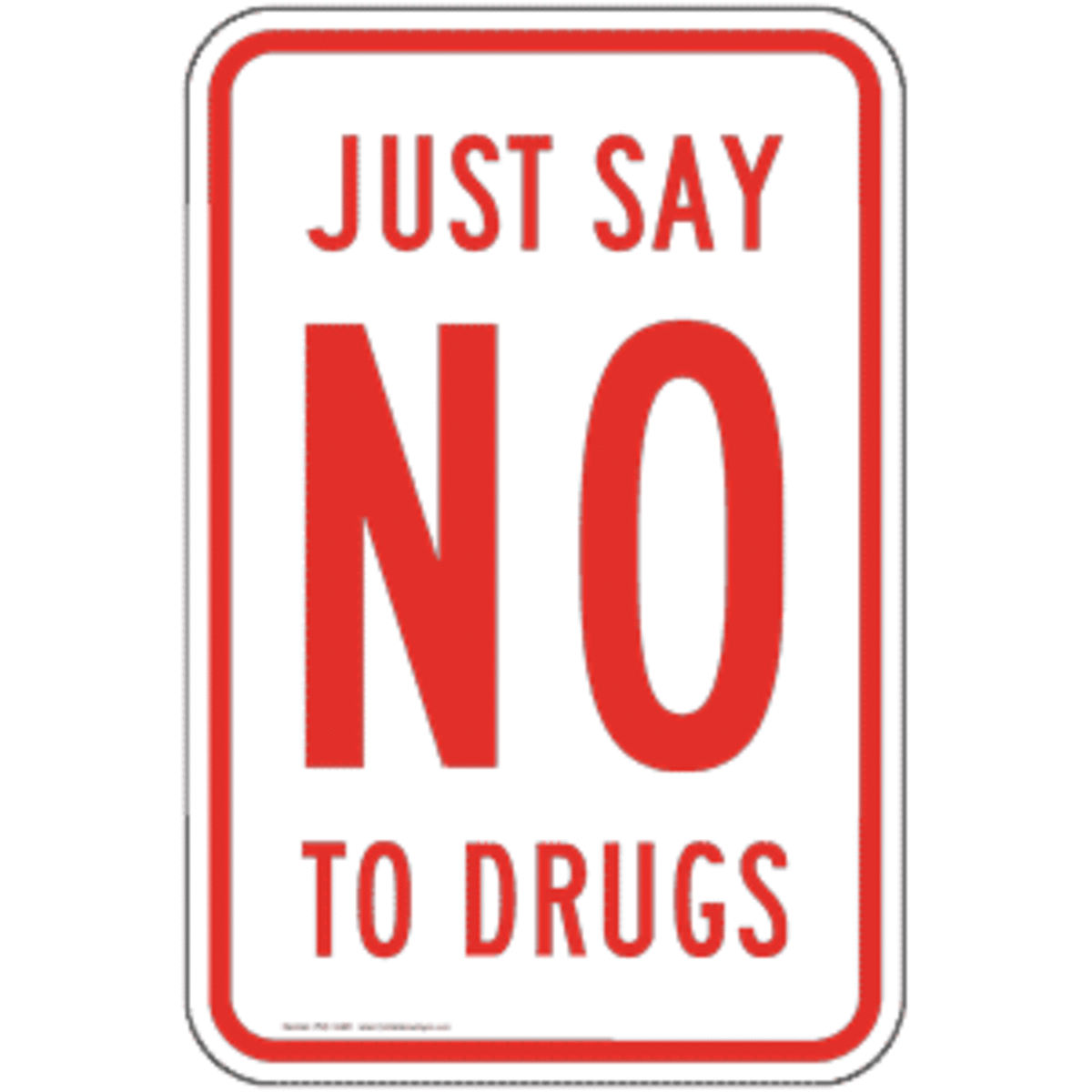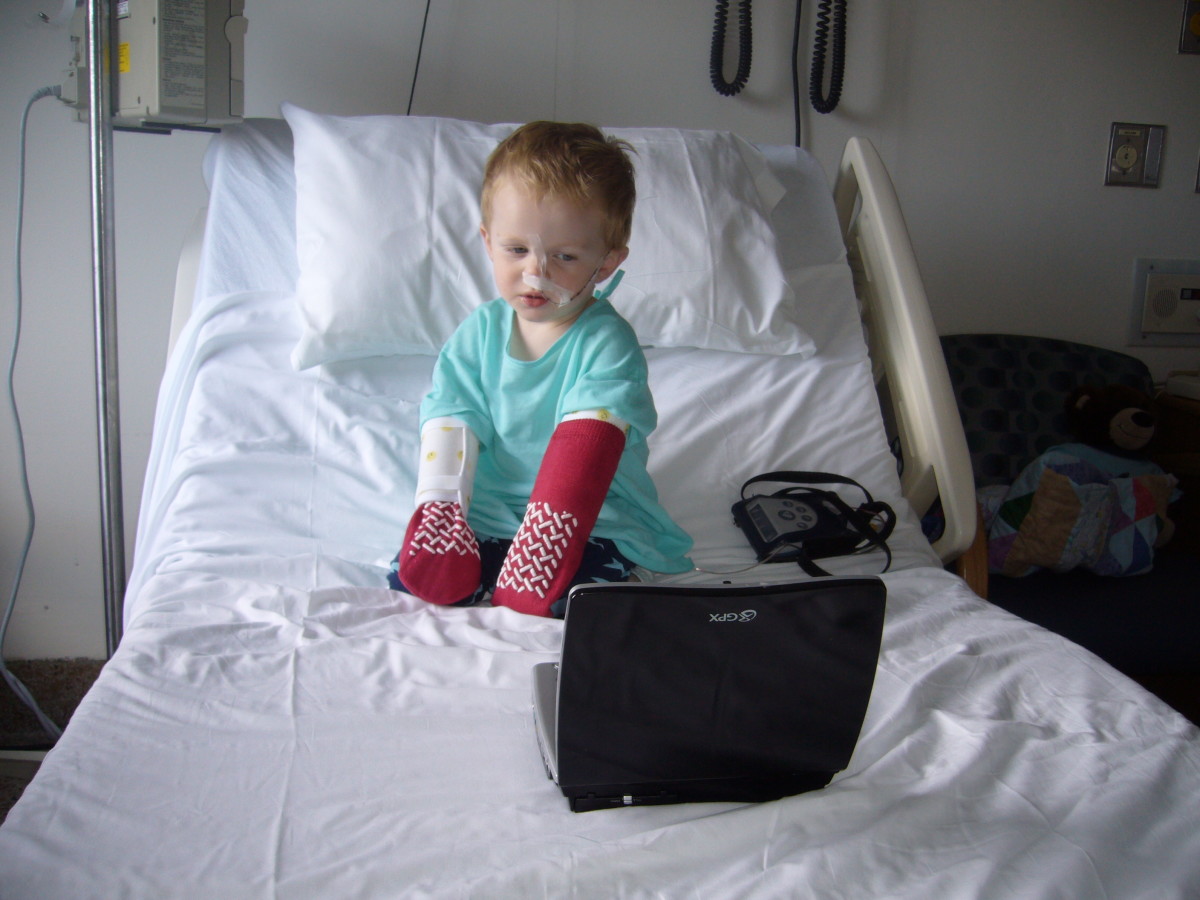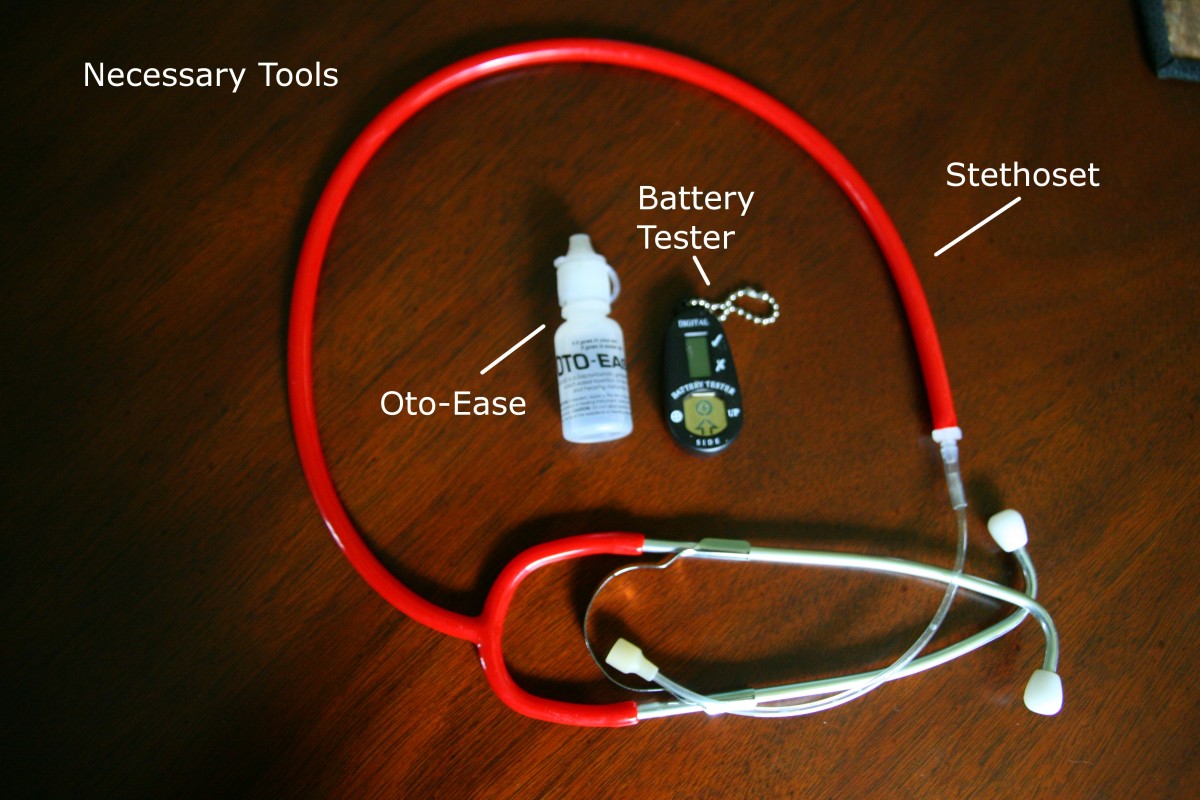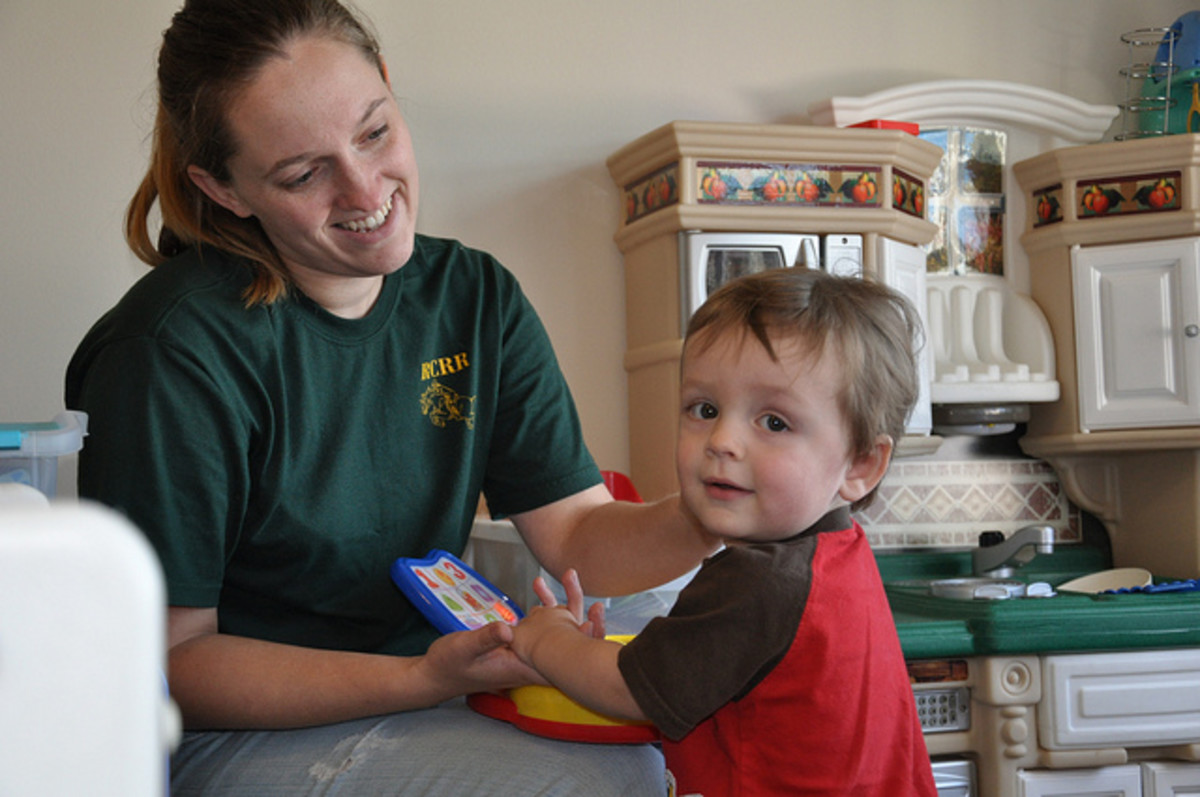How To: Starting and Stopping ADHD Medications
He Is The Face Of ADHD

Attention Deficit Hyperactivity Disorder
Ethan is seven. I have worked with him since he turned five. When I first began working with him, his teacher wasn’t sure what was going on with him. He just wasn’t learning anything. He had been having difficulty trying to learn to write his name. It was the fourth month of school and he still couldn’t name the letters in his name. He also couldn’t count past five. I went in to observe him in his classroom to see if I could figure anything out.
I sat and watched him and tried to see what was going on. I was in the class for about ten minutes and quickly discovered the problem. In those ten minutes, Ethan was out of his seat seven times. He spoke out without raising his hand on twelve different occasions. He told a story that had nothing to do with the lesson. He tilted in his chair more times than he sat in it normally. On one occasion, he leaned across the table and took a paper from his classmate. He was so busy that he could not listen to the lesson.
Myths About ADHD
I spoke to his teacher, and then spoke to his parents. I asked them how he acted at home. They said it seemed as if he was always on, and could not sit still for a minute. They said it seemed as if his mind was always on the go. It seemed as if he was run by a motor that couldn’t turn off. I asked them if they had spoken to their doctor about it. They said they had, and that he had talked to them about attention deficit hyperactivity disorder. They also said that they did not want to have their son medicated. They had heard too many stories about how he could be like a zombie if he took medication. The doctor had tried to tell them that with the right medication, this wouldn’t happen, but they still didn’t want to try.
I talked to them about my concerns, and about the concerns of their teacher. I told them about the observation I had done. I told them about other students that I had worked with that had ADHD and how some of them had been medicated, while others had not. I told them how hard it was for the students who were not medicated to stay on task and to learn. I told them that it was possible, and that two students in particular had done really well without medication, but that they had to work very hard at it.
Behavior Modification or Medication for ADHD
I told Ethan’s parents that I would be willing to work with them if they decided that they didn’t want him medicated. I could help with strategies and techniques that would help Ethan keep his attention on his work. I told them that they would have to work hard at home, as well. I let them know it would take a team effort, but it could be done. I also let them know that it might take a little while before all the hard work paid off.
I then told them about how many students that I had worked with that had been medicated. I told them about how much the medications helped, and how focused the students had become. I told them that it had still taken time, but the results were sometimes faster, and sometimes slower. It all depended on how quickly the right medication was found.
Medication For ADHD
After talking with the parents, I let the parents talk about it and think about what was best for their son. After a week or so, they brought me a form from their doctor. It was a form that I needed to fill out documenting the behaviors that I observed. It would determine whether or not the doctor would decide to prescribe medication.
A few weeks later Ethan began taking Focalin. It is a medication used for ADHD for children six and over. It is a good medication to start with because one dose can last twelve hours. It can be taken with or without food, so it is less likely to upset the stomach. The bad side of Focalin is the cost and the fact that some insurance companies will not pay for it.
Ethan started focusing on his assignments. He soon learned how to spell his name. Then his alphabet. Then he began counting to ten – then twenty. He started learning his sounds, then some words, and soon he was reading simple books. He was growing as a student.
This went on for almost a year. Ethan continued to grow. His progress was not always as fast as those first few months, but it was continuous. He liked coming to school. He liked learning. He wanted to be there and was afraid to miss any school.
Stopping Medication For ADHD
Then something happened. Ethan started having screaming fits when it was time to come to school. He would fight his parents, teachers and others who would try to help him come into the school. His grades started to slip. His attention started to waver. He began forgetting what he had learned. I was worried about him and called to talk to his parents.
It seems that insurance had decided to stop paying for Ethan’s medication. It was too expensive for them to pay for it out of their own pocket. They had just quit refilling Ethan’s prescription. Any medication for ADHD cannot be stopped cold turkey like that. There will be health repercussions. There will be behavior repercussions. All of these happened with Ethan. He began getting headaches and his behavior changed completely.
Your Child, Your Decision, ADHD
His parents decided that they didn’t like the change they saw in Ethan. They decided that the cost of the medication was well worth the results they were getting. They talked to their doctor and explained what they had done and why they had done it. The doctor put him back on the medication and soon Ethan was learning again. He wasn’t fighting coming to school. He wasn’t crying during the school day because his head was hurting.
Medication is one solution to the problem of attention deficit hyperactivity disorder. There are behavior modification programs that work almost as well. As a parent, you have to decide what is best for your child. There is no one solution that is perfect for every child. You may decide that a combination of medication and behavior modification is best for your child. As I said, it is up to you as a parent to decide.








